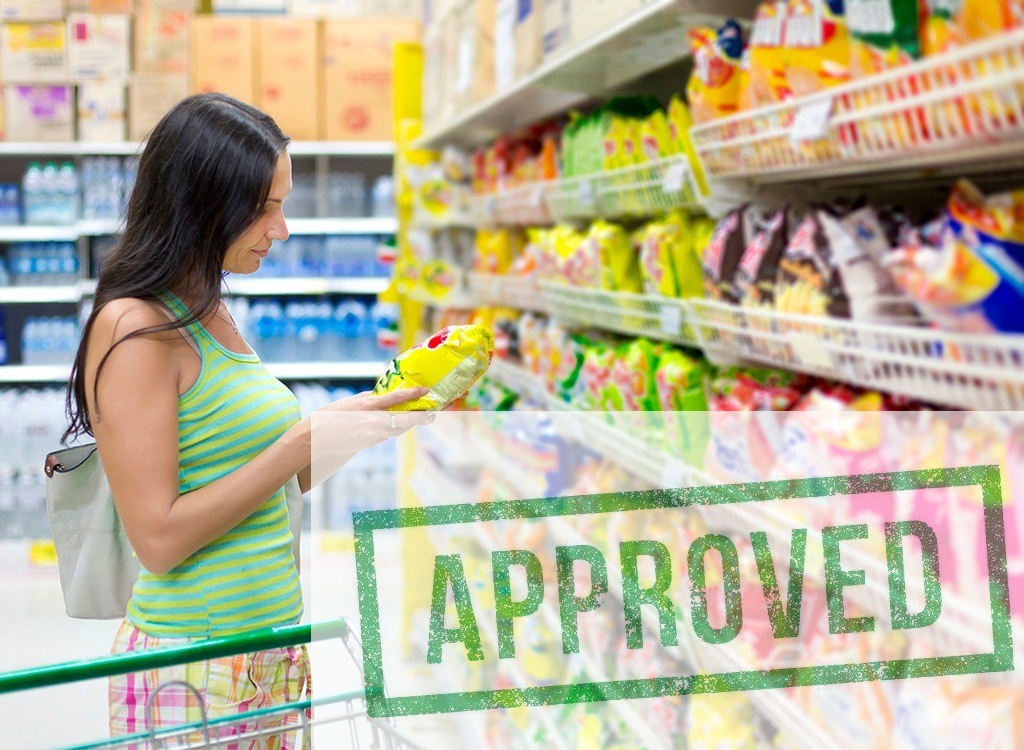EU Food Contact Legislation- What to expect in upcoming years?
Sometimes it is really difficult to understand and it becomes confusing when it comes to food contact materials. It is simply because EU's definition of food contact materials is very broad. It includes both food package materials and any other materials and articles that are expected to come into contact with food under normal and foreseeable use conditions. Both chemical companies who supply food contact materials (including food contact additives) and food packaging or food companies need to comply EU's food contact regulation.
Food contact materials in the European Union (EU) are regulated by the Framework Regulation (EC) No 1935/2004 and the GMP Regulation (EC) No 2023/2006. The Framework Regulation is implemented for plastics by the Plastics Regulation (EU) No 10/2011 and its amendments. The Plastics Regulation is the most comprehensive example of food contact legislation in the EU, but it does not cover all the chemicals used in plastics since it omits:
- Most polymer production aids;
- Most aids to polymerisation;
- Most colorants; and,
- Printing inks
It also does not give much guidance on evaluation of non-intentionally added substances (NIAS).
There are some specific measures for FCMs:
- Only applicable to specific materials with special requirements on the positive list of food contact substances, specification and restrictions.
- Regulation (EU) No 10/2011 on plastic materials
- Regulation (EC) No 450/2009 on active and intelligent materials
- Regulation (EC) No 282/2008 on recycled plastic materials
- Directive 84/500/EEC for ceramics
- Directive 2007/42/EC for regenerated cellulose film
In most of the cases, declaration of compliance (DOC) is required.
For some types of food contact materials (i.e, coatings, adhesives, and paper) for which there are no specific measures at EU level, a majority of EU Member States have set their own national provisions. You also need to comply with those national measures. Also, important to note that the plastics regulation further requires that the written declaration of compliance for food contact materials contain the clear information.
The European Commission started harmonizing food contact legislation in the mid-1970’s. Over the following years up to 2011 steady, if unspectacular, progress was made with the development of legislation covering the general framework and GMP for all materials and the specific cases of plastics, recycled plastics, active and intelligent packaging, regenerated cellulose film, ceramics, certain epoxy derivatives (BADGE, BFDGE and NOGE), the release of n-nitrosamines and n-nitrosatable substances from rubber teats and soothers and the import of polyamide and melamine kitchenware from China and Hong Kong.
From 2011 to 2017 progress slowed further and was limited to plastics despite the legislation on recycled plastics and active and intelligent packaging remaining unfinished. However, the pace of change looks set to increase significantly. Two regulations have already been issued in 2018 and progress promised on completing the unfinished legislation, introducing a new approach for legislating printed food contact materials and reviewing the efficacy of The Framework Regulation (EU) 1935/2004. Additionally, a proposed EU regulation on transparency in the food chain may also impact on food contact.
Finally, there is additional uncertainty added by Britain’s exit from the EU, commonly known as Brexit and everyone is waiting for updates and its impact if any..
To understand more and gain extensive knowledge for EU food contact compliance and regulations, do not forget to check out the exclusive on-demand trainings
EU FCM Legislation – Where Are We and Where are We Going
EU Harmonized Regulations, Compliance for Plastics & Polymers and How To Carry Out Migration Testing

